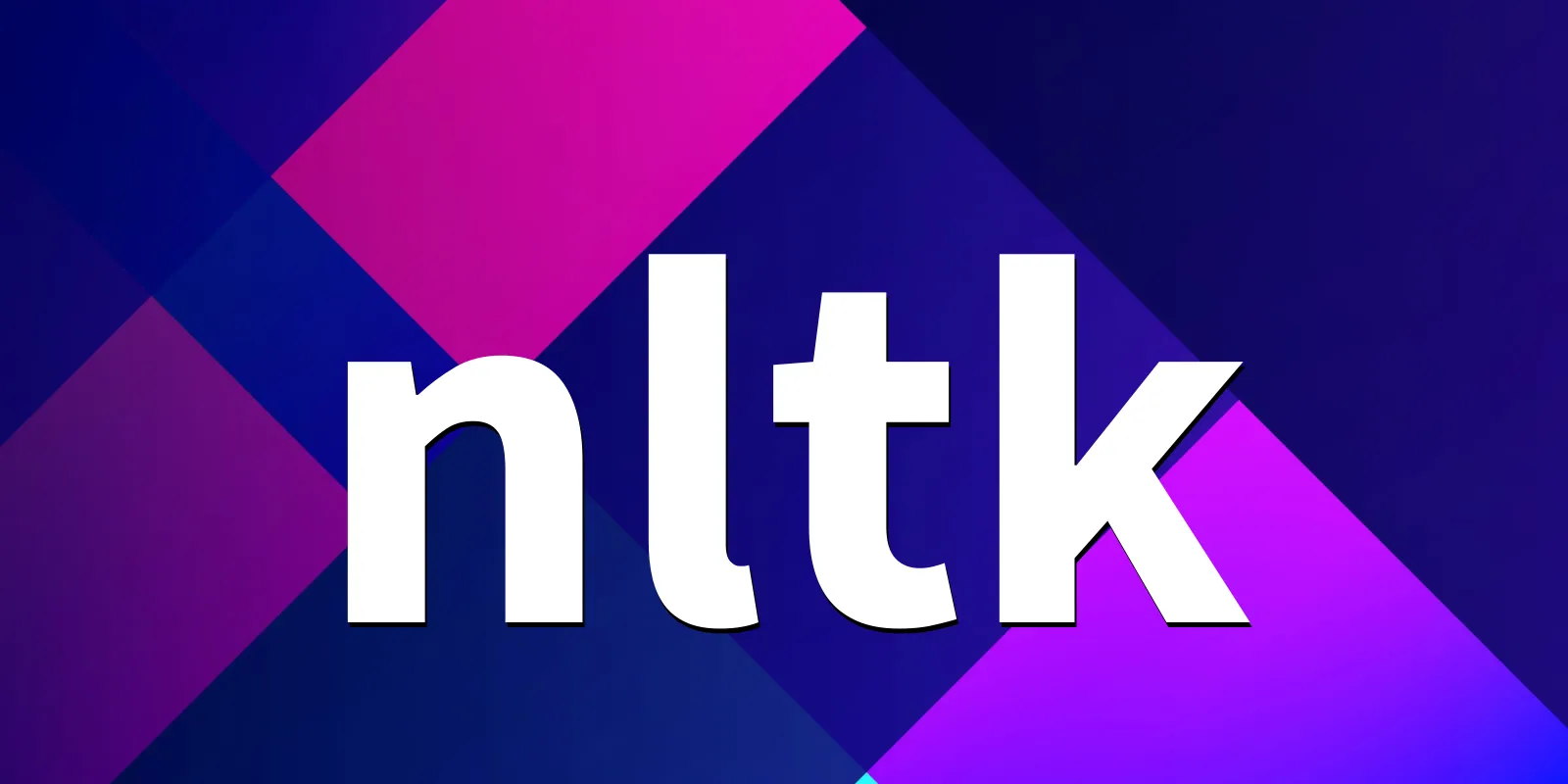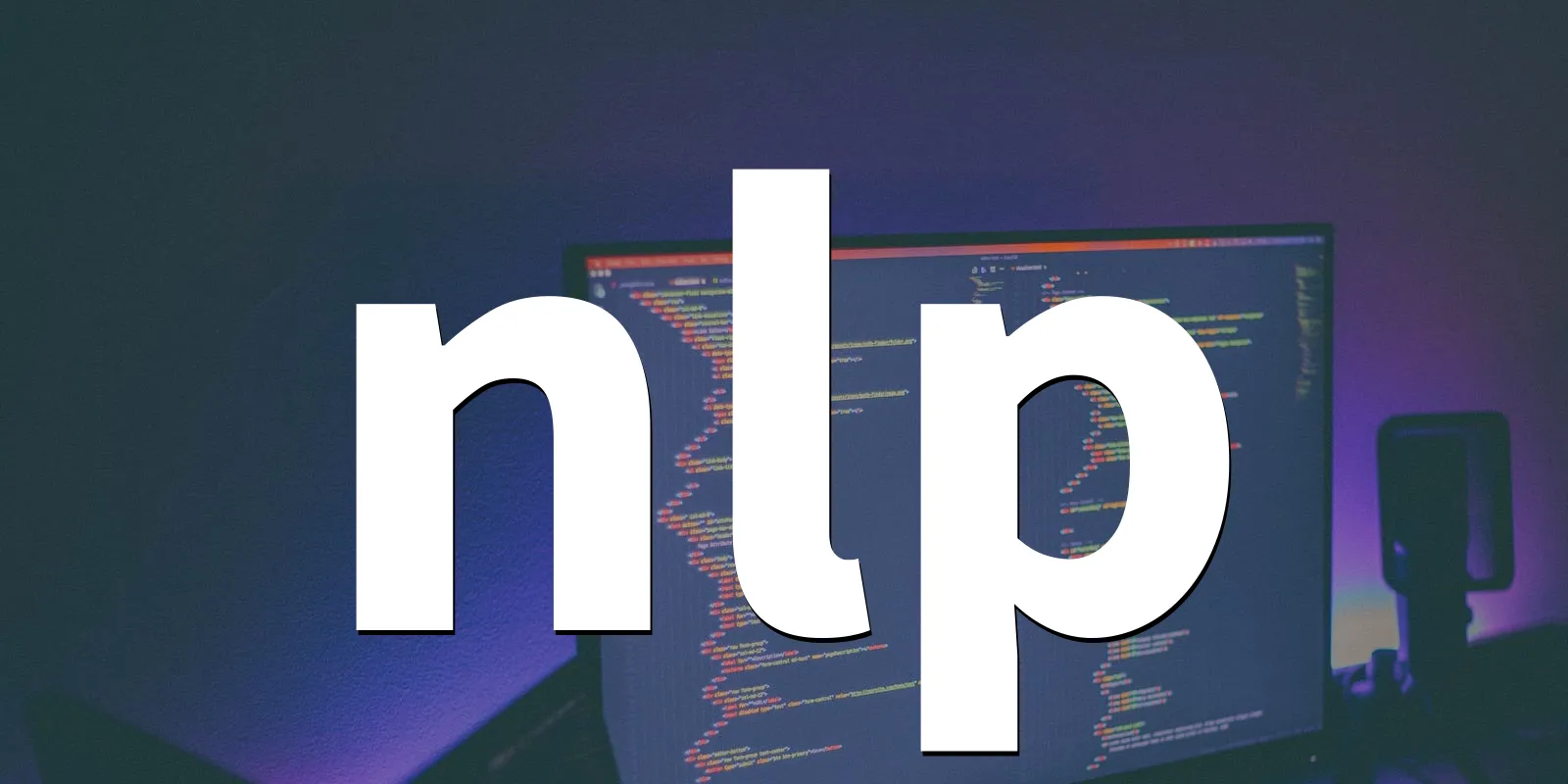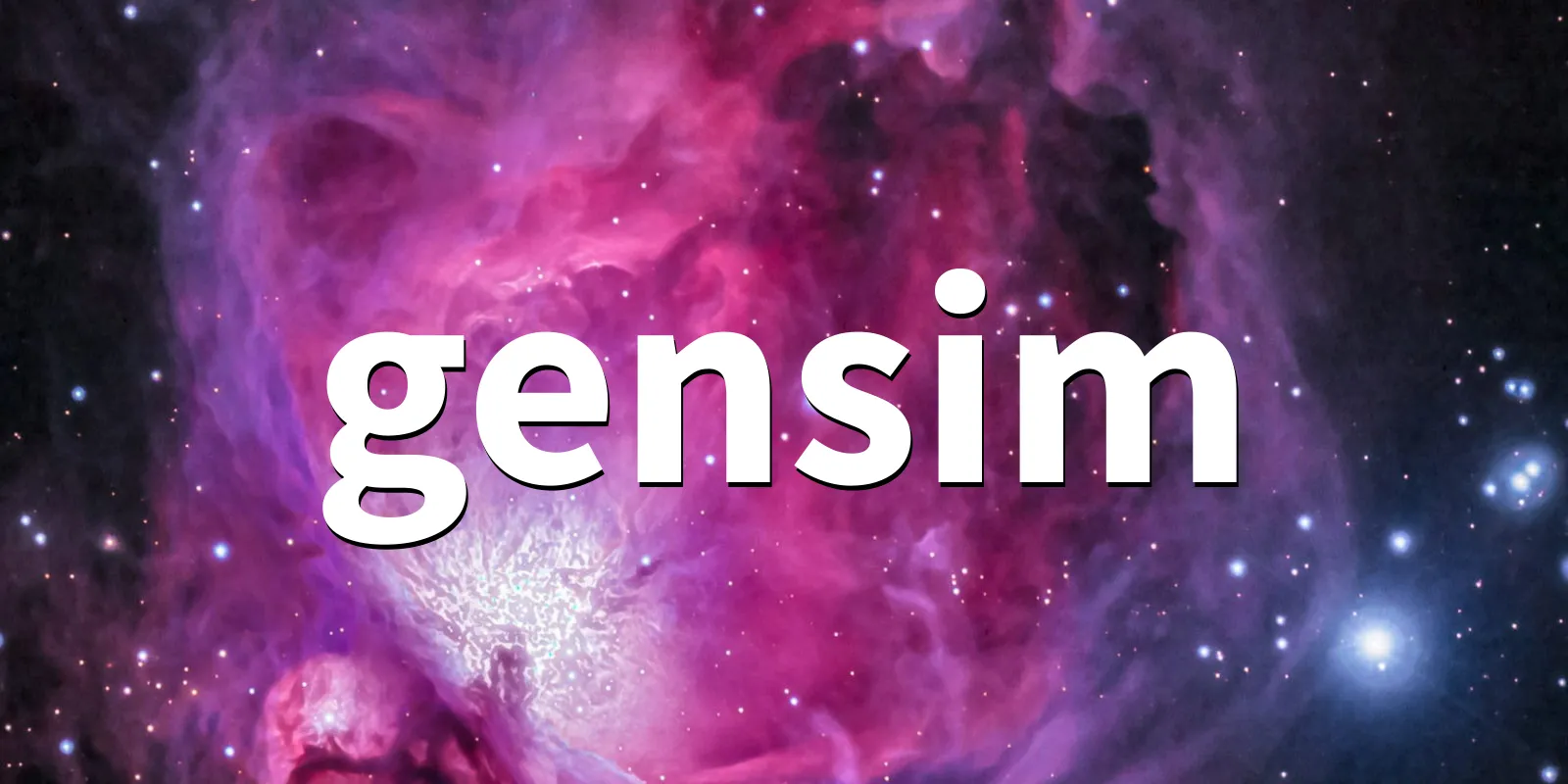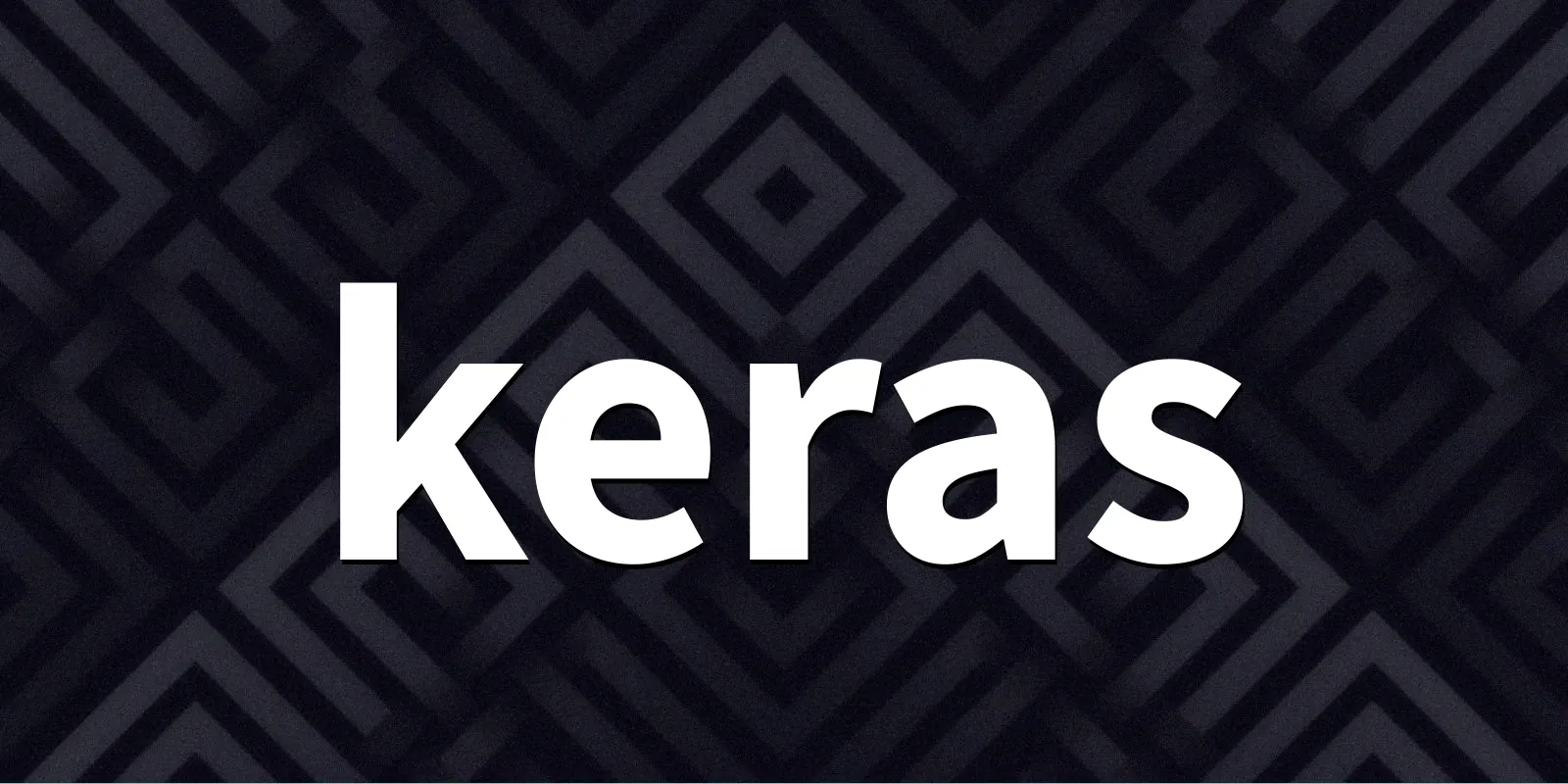
nltk 3.9.1
0
Natural Language Toolkit
Contents
Natural Language Toolkit
Stars: 13513, Watchers: 13513, Forks: 2878, Open Issues: 277The nltk/nltk repo was created 15 years ago and the last code push was 2 weeks ago.
The project is extremely popular with a mindblowing 13513 github stars!
How to Install nltk
You can install nltk using pip
pip install nltk
or add it to a project with poetry
poetry add nltk
Package Details
- Author
- NLTK Team
- License
- Apache License, Version 2.0
- Homepage
- https://www.nltk.org/
- PyPi:
- https://pypi.org/project/nltk/
- Documentation:
- https://www.nltk.org/
- GitHub Repo:
- https://github.com/nltk/nltk
Classifiers
- Scientific/Engineering
- Scientific/Engineering/Artificial Intelligence
- Scientific/Engineering/Human Machine Interfaces
- Scientific/Engineering/Information Analysis
- Text Processing
- Text Processing/Filters
- Text Processing/General
- Text Processing/Indexing
- Text Processing/Linguistic
Related Packages
Errors
A list of common nltk errors.
Code Examples
Here are some nltk code examples and snippets.
GitHub Issues
The nltk package has 277 open issues on GitHub
- ConditionalFreqDist.add is quadratic time-ish
- Fix LC cutoff policy of text tiling
- From TreebankWordDetokenizer, the detokenize adds/subtracts spaces to/from special characters
- Potential bug in sentence tokenizer since 3.6.6
- Add extended open multilingual wordnet reader
- is_writable function produces the wrong boolean output when run on AWS Lambda with EFS storage attached
- Potential accidental capture of loop variable in Boxer
- nltk + gunicorn + preloading + subprocess.check_output crashes worker on macOS
- In CI, refresh
nltk_datacache if the hash ofindex.xmldiffers from the cached hash - Create Markdown corpus readers
- Support extended open multilingual wordnet
 pythonfix
pythonfix

